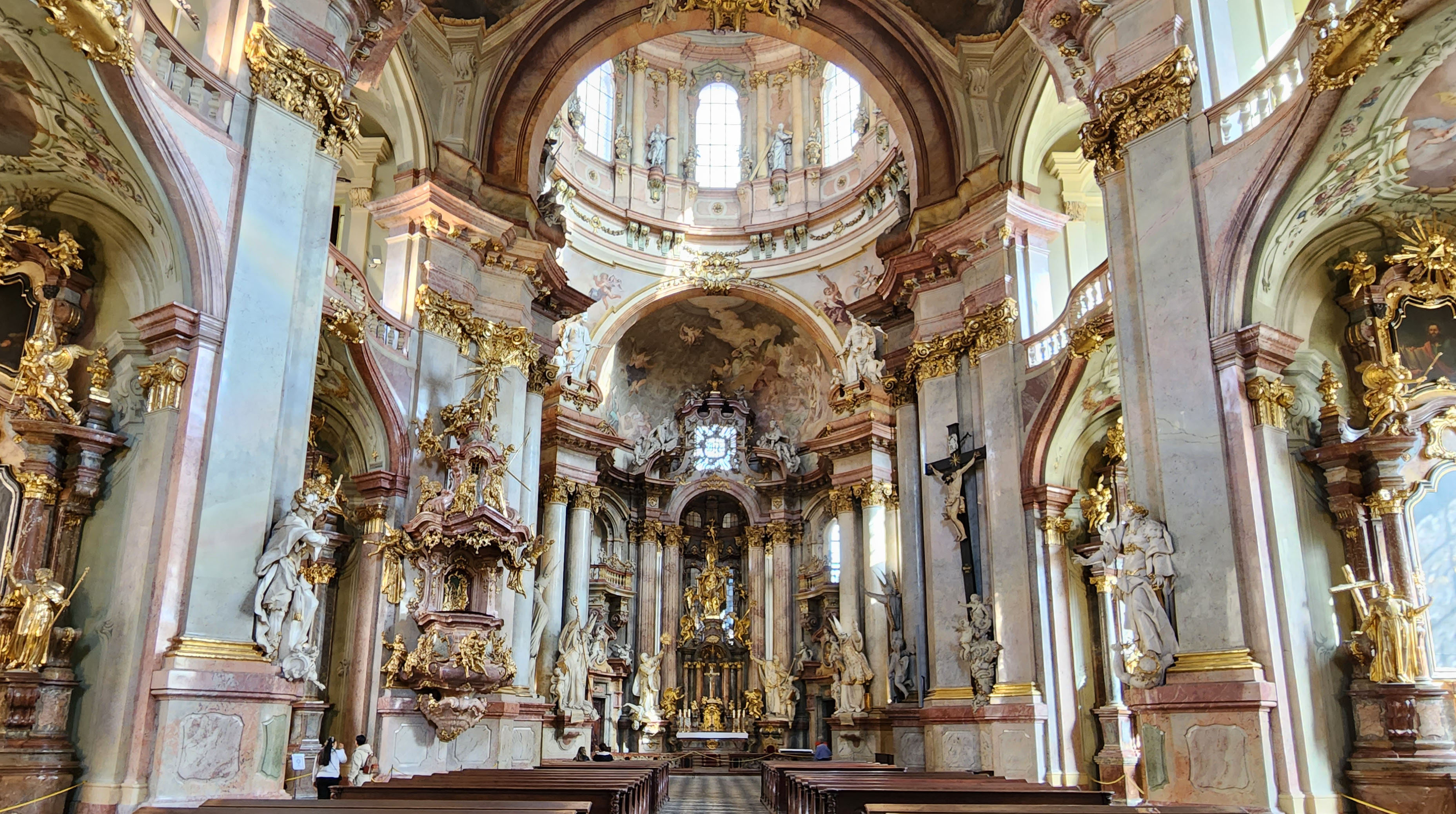

Image Credit: Matthew P. taken on September 29, 2022
The lack of sound faith formation and reverent liturgies over the past few decades has led to disastrous consequences for the Catholic Faith. Based on statistics available from the Center for Applied Research in the Apostolate the collapse in enrollment in Catholic religious education, as well as Sacramental reception, has been profound.
Based on statistics available from the Center for Applied Research in the Apostolate the collapse in enrollment in Catholic religious education, as well as Sacramental reception, has been profound. Since 1970, the number of children in a primary school religious education program has dropped 60% and the number of secondary school students in religious education has dropped 55%. Since 1960, the number of annual adult baptisms has fallen 68%. Since 1975, the number of annual infant baptisms has fallen 18%.
Forming Intentional Disciples by Sherry Weddell further illustrates the consequences following the changes post-Vatican II. These decades saw significant changes in the Sacramental life of Catholics and the customs and practices of living out a Catholic life (e.g. times of fasting, processions, cultural celebrations). The Church was also shaken by the disastrous consequences of the sexual abuse crisis by some of Her priests. The results are grim: only 30% of Americans who were raised Catholic are still practicing and 10% of all adults in America are ex-Catholics.
In one often-quoted study, data by D’Antonio, Dillon, & Gautier in 2013 showed 33% of American Catholics are unaware of the Church’s teaching of Christ in the Real Presence and an additional 4% even deny this central tenet of the Faith. The number of Catholics who are unaware of the official Church teaching illustrates the inability of modern religious education to meet the needs of today’s Catholics.
Unbeknown to many, the new catechism from 1992 is far from the only catechism. St. Peter Canisius, who was instrumental in fighting Protestantism in Germany, wrote the first catechism in 1555 known as the "Catechism of St. Peter Canisius." Shortly afterward in 1566, the Roman Catechism was commissioned by the Council of Trent, overseen by St. Charles Borromeo, and issued by His Holiness Pope St. Pius V. It remains the most authoritative catechism in print. Known as the “Roman Catechism,” the “Catechism of St. Pius V,” or also as the “Catechism of the Council of Trent,” this book has unfortunately fallen into extreme disuse.
The decades after the Council of Trent saw Fr. Laurence Vaux "Catechism of Christian Doctrine" published in 1567 and St. Robert Bellarmine's Catechism published in 1597. Fr. Henry Tuberville followed with the Douay Catechism in 1649, which was modeled on the Catechism of the Council of Trent and written to help combat English Protestantism. It remains one of the clearest English catechisms ever written as it contains a simple-to-understand question and answer format.
Fast forward to 1781 and Bishop George Hay published the extensive and heavily Scripturally based "Hay's Catechism" with a longer question and answer format. Fr. Stephen Keenan in 1846 published his catechism with the purpose of countering heresies of the time especially in regard to papal infallibility. And one year later in 1847, master catechism Fr. Joseph Deharbe wrote the most accomplished German catechism ever written called "A complete catechism of the Catholic religion."
Throughout the mid-1800s additional catechisms by Fr. Francis Jamison, St. John Neumann, Fr. Patrick Power, Fr. Michael Muller, and Cardinal Gibbons were also published. Then in 1885, the Bishops of the United States enjoined by order of the Third Council of Baltimore the Baltimore Catechism, which was the most widely used catechism in the United States for over a century up until Vatican II.
Pope Benedict XVI remarked while still a Cardinal of the failure of modern catechesis in the Church when he said in an interview with Zenit in 2003, “It is evident that today religious ignorance is enormous; suffice it to speak with the new generations. Evidently, in the post-conciliar period, the concrete transmission of the contents of the Christian faith was not achieved.” This echoed his previous sentiments which he published before the New Catechism was written when the future Pontiff wrote, “The catastrophic failure of modern catechesis is all too obvious.”
As the many catechisms show us, the Faith is the same yet it can often be explained in slightly different ways. Whereas one definition or example may teach one person, another person may be better able to understand it explained in a different way. The Faith is changeless and timeless but we can use many different catechisms to teach the one, same Faith. That is what makes our programs truly unique!
CatechismClass.com is proud to offer one of the most Traditional Catholic Catechism Programs available. Written by Traditional Catholics, our programs are unabashedly traditional and faithful to Catholic Tradition. If you attend the Tridentine Latin Mass, you need a Traditional Catholic curriculum. Look no further than ours.
Since our foundation by Fr. James Zatalava in 2004, we have been at the forefront of spreading and transmitting the Catholic Faith. Our program incorporates the timeless teaching of the Baltimore Catechism, Catechism of the Council of Trent (i.e., Roman Catechism, the Catechism of St. Pius X, and the writings of the Church Fathers.
We proudly offer programs for everyone from kindergarten up through adult level courses. Even the most informed, traditional Catholic will walk away learning new and forgotten pieces of our Catholic heritage. Traditional Catechism Classes are for everyone!